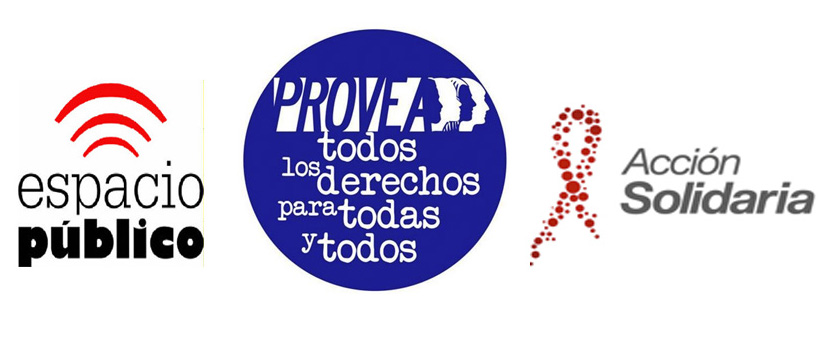Because of the Supreme Tribunal of Justice, in Venezuela opacity is an evil without cure. On 19 March 2012, three human rights organizations went to the T.S.J. Constitutional Chamber in order to demand it force the Ministry of Health to inform about the irregularities in drugs imports. A the end, the Justices endorsed the silence of the institution and the alleged cure was worse than the disease.
The request was nothing extraordinary. Espacio Público, Acción Solidaria and the Programa Venezolano de Educación-Acción en Derechos Humanos (Provea) only wanted to know if the Ministry of Health had adopted the recommendations outlined by the Office of the Comptroller General of the Republic after the leakages found in the import, distribution and conservation process of the drugs bought to Cuba.
As the official office did not provide timely response, the NGOs requested the intermediation of the T.S.J., that took more than two years -6 August 2014, with presentation of the Justice Francisco Carrasquero- just to leave everything as it was. Instead of providing the light that was required, the Justices kept the darkness over the case.
This fact serves to make an x-ray to the Venezuelan justice. Why? By declaring inadmissible the recourse of Espacio Público, Acción Solidaria and Provea, the court ended up protecting Eugenia Sader from the public scrutiny, who was the minister of health when the Cuban drugs scandal was made public. However, after leaving the office, on June 2014 Sader faced indictment of the Office of the Attorney General for intentional embezzlement, budgetary overdraft and criminal association.
No one knows the fate of the process against Sader nor what happened with the Cuban drugs. More than blind, the Venezuelan justice is deaf and silent before the information requests. The patient does not improve.
Extract of the judgment
(…) the alleged injured parties based their claim on the eventual detriment of their rights to information and to adequate and timely response. (…) this Highest Judicial Body has as inveterate doctrine that the demand for abstention or lack of it is the judicial ordinary means in which fit the procedural pretensions whose target be omissions or inactions of the Public Administration (…) even those -misleadingly called- generic omissions consequence of the lack of timely and adequate response to administrative requests. In the present case, (…) the proceedings minutes do not evidence that exist a factual situation to suggest that the plaintive can suffer an unavoidable or irretrievable injury by the fact of using and exhausting the previous legal route, as there are in any way evidence that allow to determine that the contentious-administrative be insufficient to reestablish the infringed situation, or that its procedure -given the nature of the alleged infringement- does not meet the purpose of achieving the protection of the constitutional rights allegedly injured.
